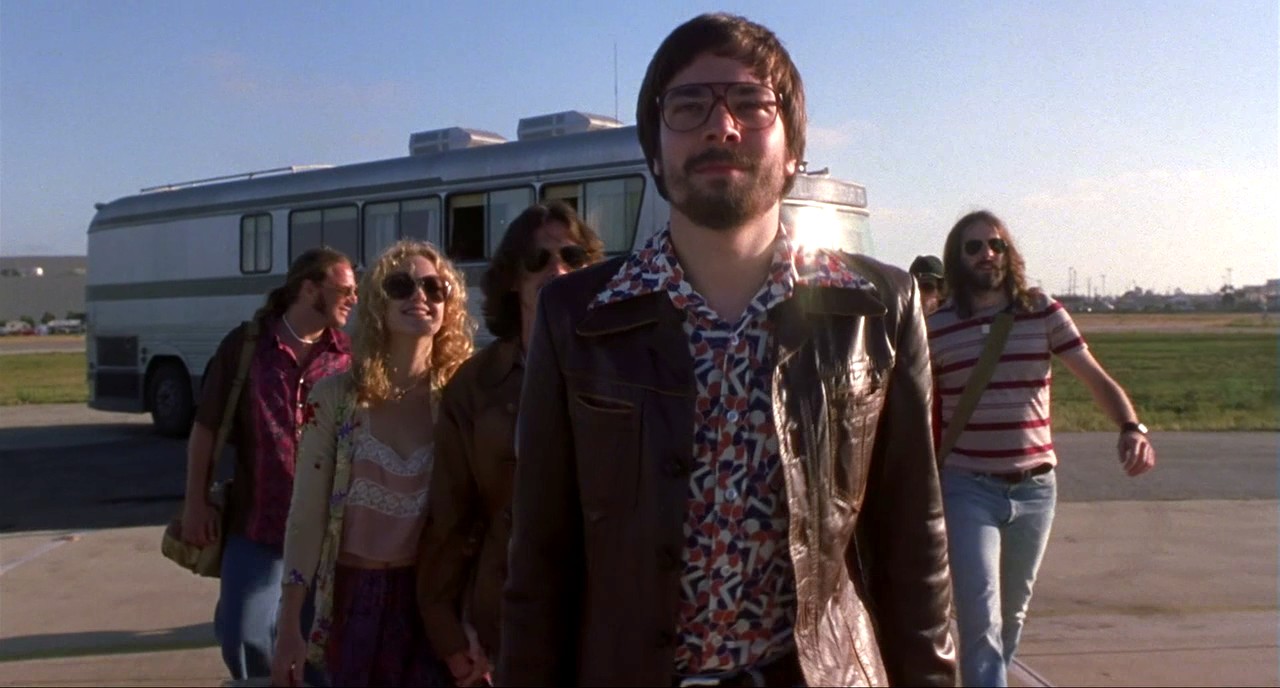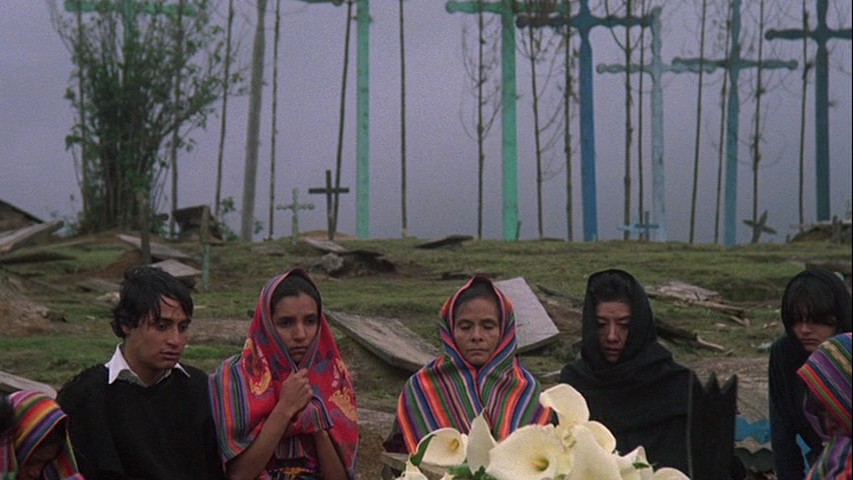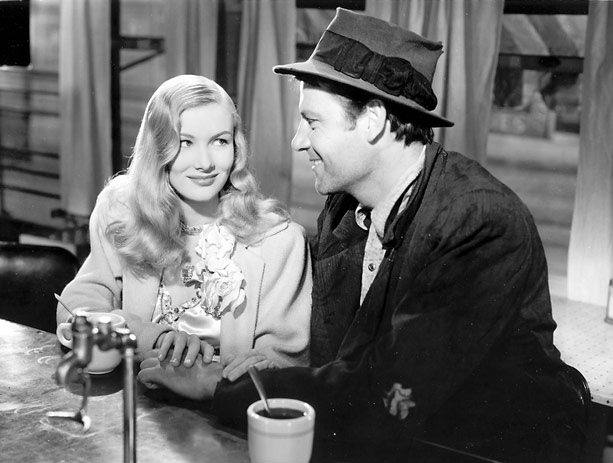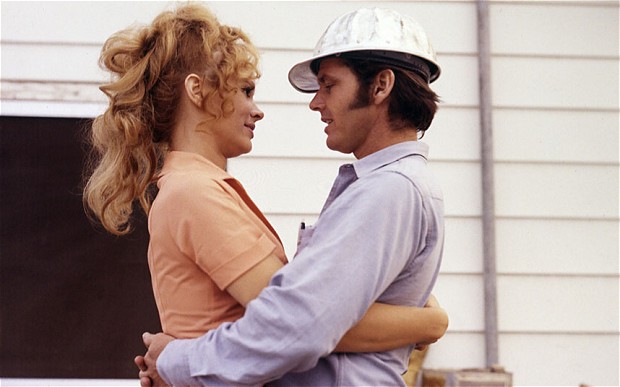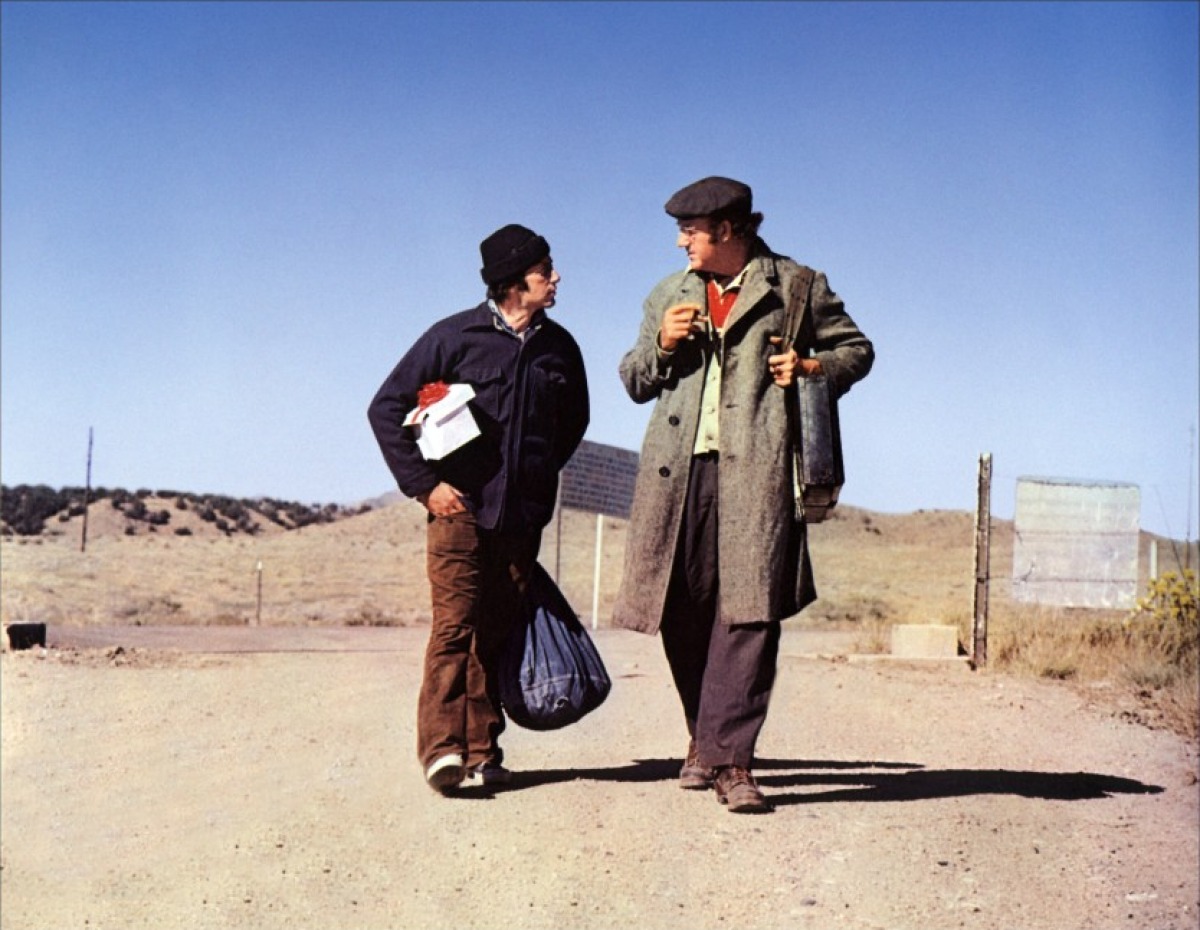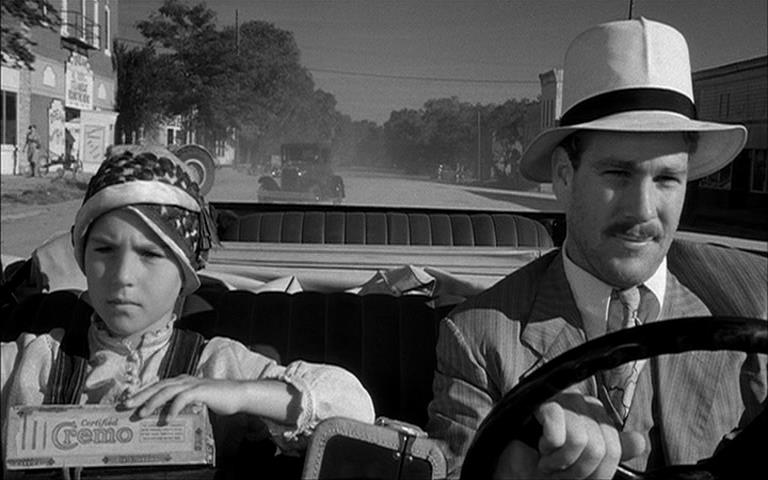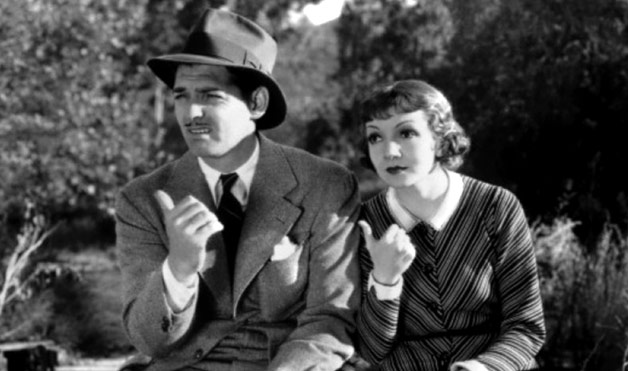18. Almost Famous (2000)
When William Miller is eleven, his mother tells him to follow his dream. This commandment is the underlying theme of many road movies. Set in 1973, the film is also a coming-of-age story that serves as a love song to music and lovers of rock n’ roll. When William receives a writing assignment from Rolling Stone Magazine to follow the up-and-coming band Stillwater as they tour the country, he temporarily breaks free from his controlling mother and experiences love, independence, and life as a music journalist.
Frances McDormand plays William’s mother, Elaine, who keeps her son grounded as he traverses America encountering celebrities and groupies in the cutthroat world of the music industry; she also delivers some of the best lines in the movie.
17. El Norte (1983)
One of the first feature films to depict the brutality of oppressive, dictatorial governments in South and Central America, El Norte tells the story of Rosa and Enrique—a sister and brother who have little choice but to flee their homes in a Guatemalan village in search of a safe place in which to live and thrive.
When talking to Ramón, an older man knowledgeable about border crossing, Enrique learns that “the border between Mexico and the United States is like a war zone.” The siblings soon learn just what he means as they desperately navigate the dangers of the border patrol, sewer tunnels, and “coyotes” en route to Los Angeles. Their new life in L.A. only presents a new set of problems and ideas about America with which they must contend as undocumented workers.
16. Sullivan’s Travels (1941)
After screening his film O Brother Where Art Thou, John Sullivan tells studio executives that he wants to make a film that shows the harsh realities faced by many Americans and to show “the potentialities of film as the sociological and artistic medium that it is.”
In addition to being a road film, Preston Sturges’s Sullivan’s Travels is also a great film about moviemaking. Sullivan decides to take to the road where he seeks to experience the travails of ordinary people struggling to survive the economic depression. Along the way, he meets a woman, and together, they live the life of vagabonds, eating in soup kitchens, sleeping outdoors and using public showers.
Sturges was a comedic master, and his films are infused with a profound sense of humanism without being heavy handed. Joel and Ethan Coen pay homage to Sturges decades later when they borrow Sullivan’s film title (which, by the way, is never released in Sullivan’s Travels) and make their own road movie.
15. Five Easy Pieces (1970)
Easily one of Jack Nicholson’s best film performances, Five Easy Pieces allows the actor to explore a broad range of emotions in significant depth as Bobby Dupea. Karen Black plays his ditzy and insecure girlfriend Rayette who accompanies him to see his family.
The film captures the desperation, frustration, and loneliness of a man who feels cut off from everything around him and is uncertain about how he is to live his life. Financed by BBS Productions, a collaborative community of young actors, directors, writers, and producers who embraced youth culture, the film posed a challenge to traditional Hollywood filmmaking and themes.
14. Scarecrow (1973)
Scarecrow, as an essential road film, is less about plot and more about character examination. While the story is somewhat loose and meandering, Al Pacino as Francis/Lion and Gene Hackman as Max create a portrait of two men struggling to get their lives back on track. The scarecrow of the title comes from a story Lion tells Max.
Scarecrows have historically represented strong emotions and thoughts, thus they evoke feelings of anxiety and fear, both emotions that seem to inform the characters’ actions. The film is more interested in capturing the moments that occur between the protagonists, allowing the viewer to see who these men really are and the impact they have on each other.
13. Paper Moon (1973)
When Addie Loggins (Tatum O’Neal) loses her mother in a car accident, a former lover named Moses Pray (Ryan O’Neal) turns up to pay his respects at her mother’s funeral and gets stuck reluctantly transporting Addie to relatives in Missouri. Set during the Depression era and filmed in black and white, Moses is a con artist who is always looking to make a quick buck. As Addie becomes more adept at learning to con and scheme others, Moses becomes more protective and fatherly towards Addie.
Paper Moon utilizes a familiar plot device in road movies (and screwball comedies) in which people are unexpectedly, and often reluctantly, thrown together and forced to get along. Addie and Moses start out intensely disliking one another and gradually end up depending on the other by the end of their journey.
The elements that make this film so enjoyable are the real life father-daughter relationship and Tatum O’Neal’s performance for which she won an Oscar for Best Supporting Actress, being the youngest to have received the award.
12. My Own Private Idaho (1991)
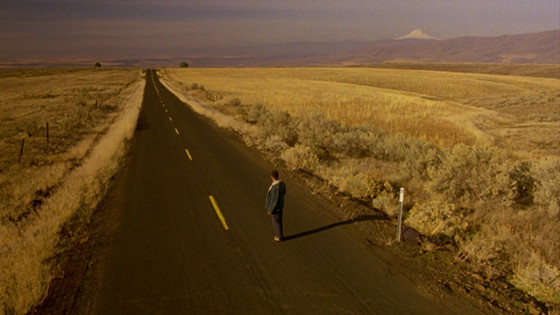
“I’m a connoisseur of roads. Been tasting roads my whole life,” says narcoleptic Mike Waters played by River Phoenix, right before he falls asleep on the open road in the middle of nowhere in Idaho. Mike, who was abandoned at a young age by his mother, is rootless and without a permanent home: for this reason, he is in constant search of love, friendship, and family.
Keanu Reeves plays Scott, the wealthy son of a mayor. Mike and Scott are hustlers and friends. Traveling from Seattle to Portland to Idaho and then Rome, Italy, the film pays tribute to those who exist on society’s fringes and are looking for a place to belong.
An important film in the canon of New Queer Cinema, Gus Van Sant’s Idaho paved the way for other less mainstream characters who embark on road trips together, such as the drag queens in The Adventures of Priscilla, Queen of the Desert and To Wong Foo Thanks for Everything, Julie Newmar.
11. Y Tu Mamá También (2001)

Two Mexican teenagers who are best friends, Tenoch and Julio, go on a road trip with an older woman named Luisa, who has just found out that her husband has cheated on her. Mexico becomes an additional character as the three make their way to a hidden beach called Heaven’s Mouth.
The film is notable for its use of omniscient voiceover/commentary that informs the viewer of character backstory and provides a rich panorama of Mexican history, politics, and culture as the three learn about themselves, each other and their desires.
10. It Happened One Night (1934)
Frank Capra directed this screwball comedy starring Clark Gable as Peter and Claudette Colbert as Ellen Andrews. Peter is trying to get the scoop on Ellen, a rich spoiled socialite who has run away from her husband and gone into hiding. Her father sends men to track her down; in the meantime, reporters like Peter are hoping to find her first and get a story out of the scandal.
When Peter and Ellen end up traveling on a bus together, in true screwball fashion, the two wind up bickering, but eventually grow fond of one another. The bus scenes show an idealized sense of community where everyone is singing, laughing, and sharing in the spirit of traveling. Rich, middle-class, and poor are all banded together, as they all cope with their individual problems.
